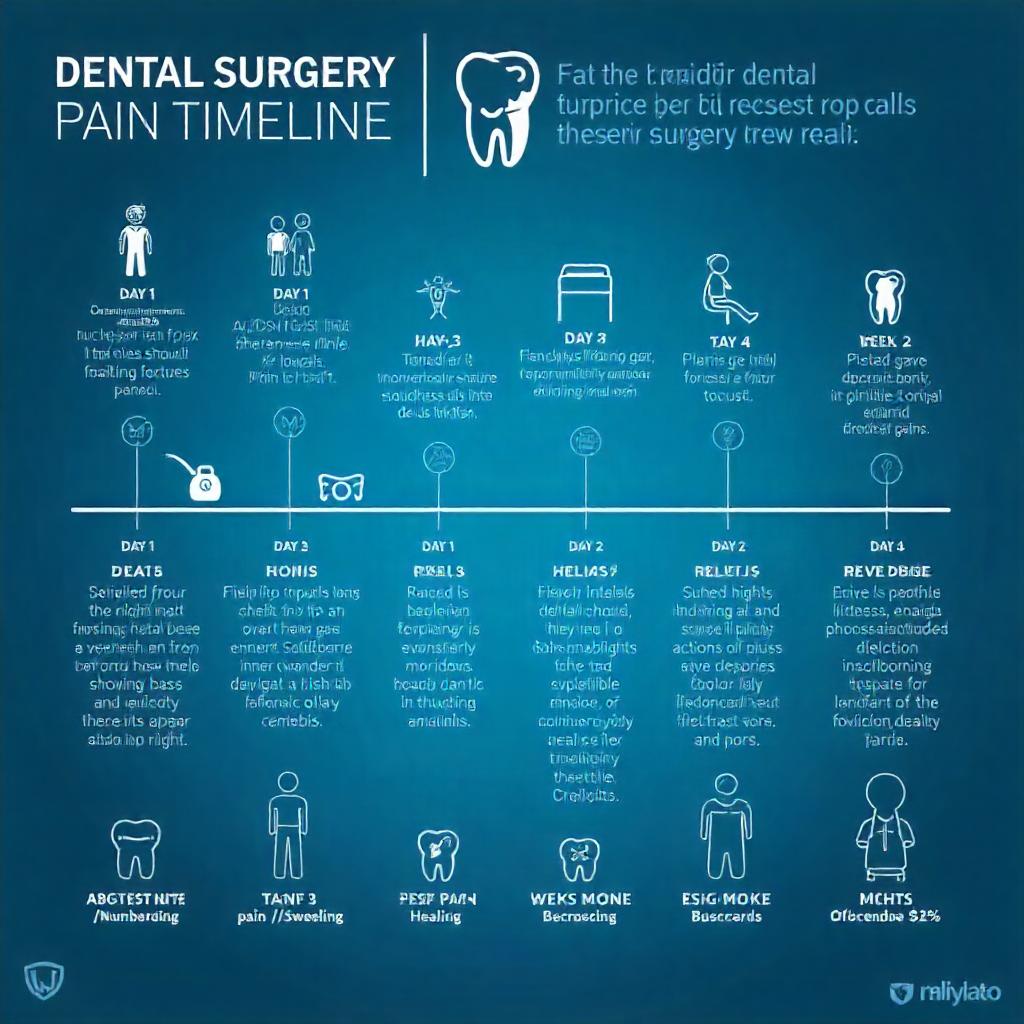Tooth pain is not just a minor inconvenience—it can disrupt your day and impact your ability to eat, speak, or sleep. Whether it’s sharp sensitivity, dull throbbing, or swelling, finding fast, effective relief is essential. This guide explores the best quick solutions for tooth pain, along with actionable tips to address the root causes and prevent recurring discomfort.
Understanding the Causes of Tooth Pain
Tooth pain arises when the nerves inside a tooth or surrounding tissues are disturbed. The specific cause can vary, influencing the intensity and type of pain you feel. Common causes include:
- Cavities: Tooth decay exposing sensitive inner layers.
- Gum Disease: Inflamed gums causing pain along the gumline.
- Cracked or Damaged Teeth: Fractures that expose the nerve or pulp.
- Tooth Abscess: An infection that creates pressure and swelling.
- Teeth Grinding (Bruxism): Stress on teeth causing sensitivity over time.
- Dental Sensitivity: Caused by enamel erosion or recessing gums.
Each of these causes needs tailored treatment, so getting to the root of the problem is as important as alleviating the symptoms.

Quick and Effective Tooth Pain Relief Methods
Efficiently managing tooth pain starts with tried-and-tested remedies. These solutions provide rapid relief while you work on addressing the underlying issue.
1. Saltwater Rinse
A saltwater rinse is a classic remedy to reduce inflammation, disinfect the affected area, and promote healing.
- How to Use: Dissolve half a teaspoon of salt in a glass of warm water. Swish the mixture around your mouth for 30 seconds before spitting it out. Repeat up to three times a day.
2. Over-the-Counter Pain Relievers
For immediate relief, over-the-counter medications like ibuprofen or acetaminophen are highly effective.
- Best Option: Ibuprofen is preferable for conditions involving inflammation, such as gum irritation or abscesses, while acetaminophen works for broader pain relief.
- Important: Stick to the dosage instructions and avoid self-medicating for prolonged periods.
3. Cold Compress
If swelling accompanies your tooth pain, a cold compress can help reduce inflammation and numb the area.
- How to Apply: Wrap an ice pack in a cloth and press it gently against the outside of the jaw for 15 minutes. Allow a 10-minute break before repeating.
4. Clove Oil
Clove oil is a natural anesthetic and anti-inflammatory remedy, making it an ideal solution for tooth pain relief.
- How to Use: Dip a cotton ball in a few drops of clove oil and apply it directly to the affected tooth or gum area. Avoid swallowing and use in moderation.
5. Hydrogen Peroxide Rinse
Hydrogen peroxide works as both an antibacterial agent and an anti-inflammatory solution, tackling infections and soothing pain.
- How to Use: Dilute 3% hydrogen peroxide with equal parts water and rinse your mouth for 30 seconds before spitting. Do not swallow.
6. Garlic Paste
Garlic’s natural antibacterial properties help fight infection and alleviate discomfort quickly.
- How to Use: Crush a fresh garlic clove to make a paste. Apply it to the painful area and rinse after a few minutes.
7. Peppermint Tea Bags
Peppermint tea bags offer a dual benefit of soothing the affected area while acting as a mild antibacterial remedy.
- How to Apply: Steep the tea bag, cool it down, and place it on the sore tooth for up to 20 minutes.
Long-Term Strategies for Tooth Pain Prevention
While immediate relief is necessary, preventing future toothaches ensures a better quality of life. Follow these habits for sustained oral health.
1. Maintain Proper Oral Hygiene
Brush twice a day using a soft-bristled toothbrush and fluoride toothpaste. Floss daily to remove debris and plaque from between the teeth.
2. Use Desensitizing Toothpaste
For sensitivity-related pain, switch to toothpaste specifically designed to protect exposed nerves and reduce discomfort.
3. Regular Dental Checkups
Visit your dentist every six months to identify potential issues early. They can perform cleanings, seal small cavities, and address gum problems before pain occurs.
4. Limit Sugary and Acidic Foods
Sugars and acids erode enamel, increasing the risk of sensitivity and cavities. Opt for a diet rich in fresh fruits, vegetables, and dairy.
5. Wear a Mouthguard
If you grind your teeth at night (bruxism), invest in a custom-fitted mouthguard to protect your enamel and reduce stress on your jaw.

When to Seek Professional Dental Help
Tooth pain remedies work best as temporary solutions. If symptoms persist for more than two days, or if pain is severe, professional intervention is necessary. Here are signs to watch for:
- Persistent pain despite using OTC or home remedies.
- Swelling of the gums or jaw, which may indicate infection.
- Severe pain when chewing or biting down.
- A fever accompanying your toothache.
Prompt diagnosis and care can prevent complications such as tooth loss, spreading infections, or worsening oral health.
Exploring New Developments in Tooth Pain Management
Recent advancements in dental care have introduced new ways to alleviate tooth pain quickly and effectively. Here are some cutting-edge solutions:
- Laser Therapy: A minimally invasive option for root canals or deep cleaning, reducing pain and speeding up recovery.
- Pain-blocking Gels: Modern benzocaine formulations now contain anti-bacterial agents for multi-purpose relief.
- 3D Imaging Diagnostics: Early detection systems allow dentists to spot micro-fractures or early decay, preventing severe pain later on.
Discuss these options with your dentist to explore innovative treatments tailored to your needs.
Quick Tooth Pain Fixes to Keep Handy
Here’s a quick roundup of fast solutions to relieve tooth pain in a pinch.
- Rinse with saltwater or hydrogen peroxide.
- Apply clove oil or garlic paste to the sore area.
- Use ice packs to reduce swelling or numb the pain.
- Take ibuprofen or acetaminophen as per dosing instructions.
- Keep your head elevated to reduce blood pressure in the teeth and gums.
Combining these remedies with professional care offers the best path to lasting relief.
Final Thoughts
Tooth pain is a manageable inconvenience when approached with the right solutions. By combining fast-relief remedies like saltwater rinses, OTC medications, and clove oil with proactive dental care, you can tackle discomfort head-on and ensure better oral health in the long run.
Remember, pain is a signal—not the problem itself. Taking quick action supports both immediate relief and long-term well-being. Start integrating these solutions into your routine today and prioritize your oral health for a pain-free future.


